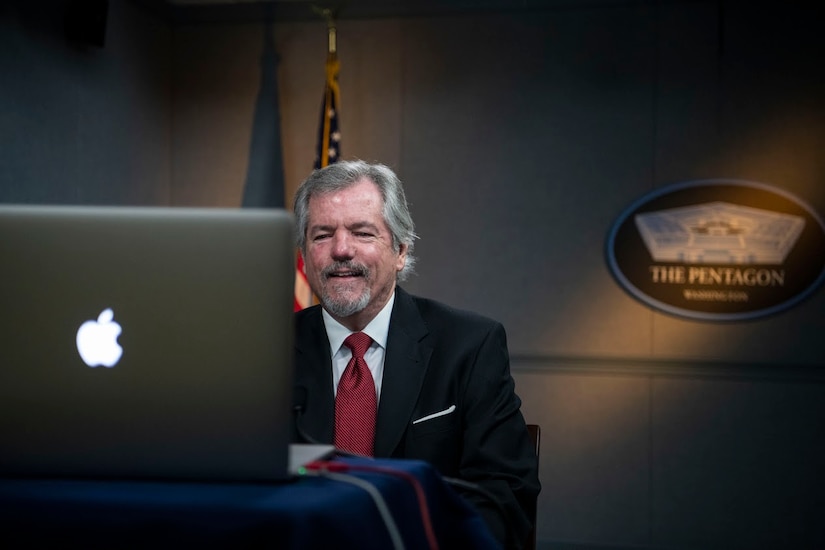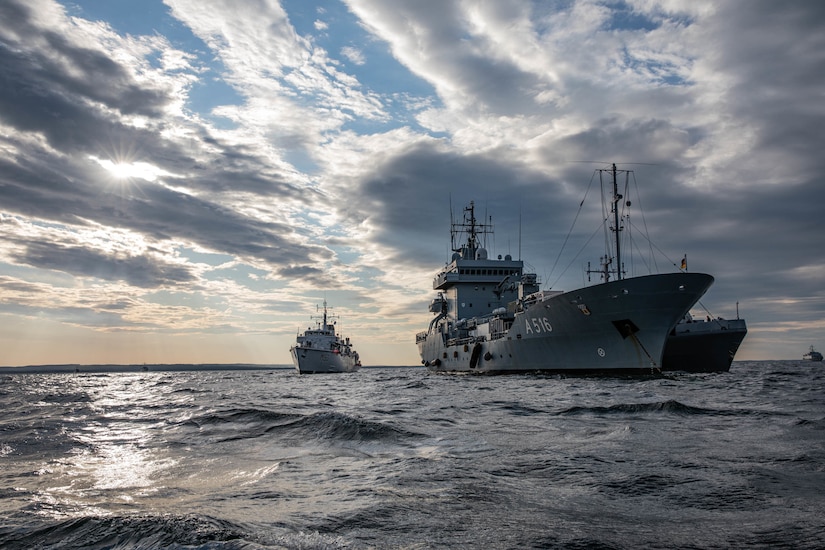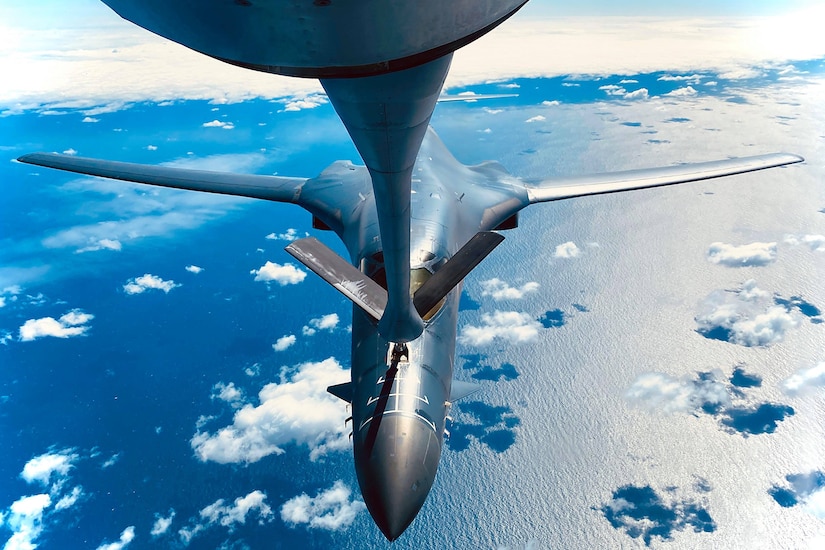The COVID-19 pandemic has highlighted a range of security issues that previously hadn't made it into NATO's discussions, a senior Defense Department official said.
Michael C. Ryan, performing the duties of assistant secretary of defense for international security affairs, spoke on NATO and trans-Atlantic security at the Brookings Institution's European Union Defense Washington Forum July 9, participating in the discussion via video from the Pentagon. Ryan also serves as the deputy assistant secretary of defense for European and NATO policy.

Russia and China already were conducting disinformation campaigns, but the pandemic only accelerated it, Ryan said, noting disinformation in the areas of medicine and diplomacy that were designed to ''sway our populations away from commitments to security, commitments to the alliance and commitments to trans-Atlantic cooperation.''
Harmful foreign investment from authoritarian regimes that don’t share democratic values has also been exposed, he said. Ownership of critical infrastructure by authoritarian regimes can result in that infrastructure becoming unavailable in a crisis, he added.
Also, dependencies on supply chains that are unreliable have clear security ramifications are ''very much on our mind in the Pentagon,'' Ryan said.

Military readiness and resilience in NATO, while very important, aren't enough — nations also need political, economic and information readiness and resilience, he said.
One other area that needs to be improved, he said, is finding a way to merge law enforcement intelligence with military intelligence. Instead of confronting NATO's military directly, adversaries are conducting criminal activities that diminish trans-Atlantic security, he explained.
At a meeting of NATO heads of state and government held in London in December, leaders reiterated their declaration that NATO is the indispensable forum for trans-Atlantic consultations on security and defense, Ryan said.

''Those consultations drive decisions in specific areas [that] are absolutely critical for bringing Washington together with allies and partners, and even European Union members who are not NATO members, to move in an effective direction so we can defend consensus, sustain deterrence and be prepared to act in our own defense when necessary,'' he said.
North America and Europe working together cooperatively can deal effectively with any malign influence coming from Russia or China, he added.








No comments:
Post a Comment